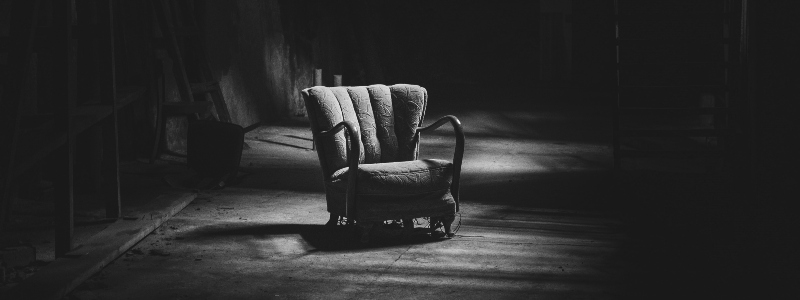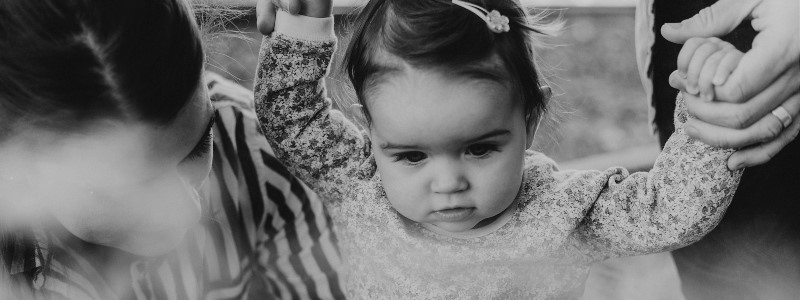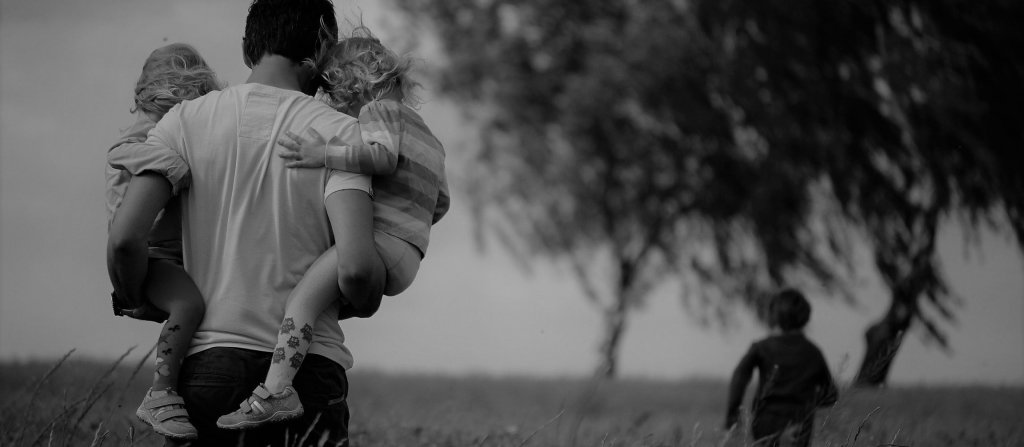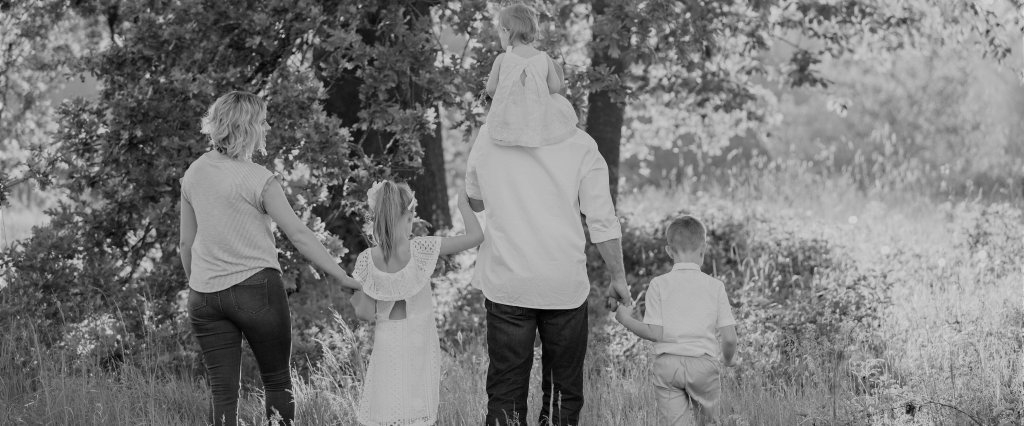In recent weeks I have seen various articles espousing the virtues of having an ‘AI companion’ or chatbot friend. Apparently these are particularly popular with the younger demographic. One of these is ‘Replika’ – a prophetic name if there ever was one.
Chatbot ‘friends’ are touted as being helpful in alleviating loneliness through to functioning as some sort of antidote to mild mental health problems. Reading through the ‘testimonial’s’ on Replika’s website the interaction is linguistically framed as a relationship, with reference to the duration the AI avatar and human have ‘been together’ and, based on the published testimonials alone (which are undoubtably biased), some people seem to get something from this encounter.
As a psychotherapist it is not my role dismantle another person’s way of being in the world. This would be arrogant at best and dangerous at worst. However, psychotherapy, at least in the way I practice it, is all about relationship and one of the foundational belies is that what has gone wrong in relationship can only be healed through relationship. This is because human beings, like all mammals, are relational but we are the most relational of all if relational refers to our psychological, emotional and cognitive development being contingent on the consistency of a caregiver. Other mammals, once weaned, can fend for themselves. Humans remain dependent for longer than any other mammal.
We are shaped and defined by the relationship with our primary caregivers and, with the risk of providing an opening for the historical and clichéd attacks on psychoanalysis, we are most shaped by the relationship with our primary carer, who is our mother.
These early relationships are what help us to understand our emotions and grow a mind. If satisfactory enough, we learn that whilst others can and will disappoint us, we need relationships with others throughout our lives. It is true that some people have more need for contact with others, but contact is needed nonetheless.
In my clinical practice I am always thinking about whom my patient is having a relationship with – even if they are single and isolated, in fact especially so in such cases. As children we internalise important relationships with others, starting with our mothers and then broadening out as we grow older. In the British school of psychoanalysis we refer to such internalised relationships as ‘object relations’. Therefore, when I am thinking about whom someone is having a relationship with, I am referring to their object relations – whom have they internalised and therefore whom are they projecting onto other relationships?
If we have ‘good enough’ parenting, we are likely to feel fairly secure in relationships and are able to operate in a world populated by others. These others have minds that are different to our own and by extension are having different experiences moment to moment. We have internalised a ‘good object’ (good parent) and can tolerate frustrations and difference in others without becoming unduly affected.
An indication of someone who has healthy relational dynamics is someone who is able to tolerate difference in others and hold onto the good of what the relationship offers. One of the (many) frustrations about being a grown up, or rather having a psychologically mature mind, is that we learn that relationships with others are inherently frustrating alongside being rewarding.
Returning to Replika and systems like it, I can well see why, by applying enough denial to the encounter, it can, on the surface, seem satisfying as despite the illusion, we are not having to content with thew mind of another and thus the difference of another. The system ‘pretends’ to be different but in fact mirrors back to us what we want to see and hear.
Narcissism by another name
In the myth of Narcissus and Echo, Narcissus is a young man who finds relationships with others confronting. Through happenstance, or what we might call fate, Narcissus finds himself isolated in the woods and discovers the most beautiful ‘Other’ he has ever seen in a still pool of water. This is of course his own reflection and yet Narcissus falls hopelessly in love and even when part of him knows that he is deluding himself, he cannot bear to tear himself away from this ‘perfect Other’. The story of Narcissus is ultimately a tragic one as he wastes his life away yearning for something he cannot have – the perfect relationship.
A character whom is rarely referenced in relation to Narcissus is Echo, the river nymph who loves Narcissus and has been condemned by a Goddess to only be able to repeat the last words anyone says. In other words, she is an echo. She too sacrifices her life waiting for Narcissus to notice her but, of course, as she is ‘different’ he cannot allow himself to notice her other than to drive her away.
I see the rise of these artificial ‘friends’ and the ‘relationships’ that ensue to be modern versions of the myth of Narcissus and Echo. ‘Replika’, or replica, when spelled correctly, quite literally means ‘clone’ or ‘copy’ but one can just as easily translate this to ‘reflection’. Chatbots reflect back to the user what they want to see and hear – from literally dictating how the AI avatar looks, through to receiving the expected responses. The user is turned into Narcissus and an echo is all they receive in return. Of course since Echo in this modern myth is but a machine, ‘she’ will never die.
We all secretly, or not so secretly, hold fantasies of the perfect Other. This fantasy forms the basis of all modern romcoms all the way back through our collective history. It is epitomised in the idea of a ‘soulmate’ and fuels our drive for the perfect partner – something that in itself is driven through technology in the shape of dating apps; we have the illusion of infinite choice but choose nobody as once we do, they become real and thus disappoint.
Growing up psychologically, maturing and individuating, means letting go of fantasies. It means recognising that relationships are essential to us and that in order to have something real and fulfilling, we must tolerate the frustration and sense of difference.
Rather than difference needing to be threatening, as it increasingly seems to have become in modern society, difference between people is evidence of reality – the very fact that we are encountering a different mind.
Real relationships are about expressing our thoughts and feelings – our experience of the world – and knowing that someone is there to receive them and us, irrespective of whether they ‘mirror’ those exact thoughts and feelings. It is through and via this process that we get a sense of ourselves in the world and with others.
Narcissus was in a clinical sense deluded and descended into psychosis, withering away on the bank of that fateful pool. Chatbot friends encourage this same delusion. I am not suggesting it will lead to psychosis, but reality it is not. There is no relationship to be had and there is no thinking mind alongside you. You are just as alone as Narcissus and cannot grow from a reflection – for that a real relationship is required.
Mark Vahrmeyer, UKCP Registered, BHP Co-founder is an integrative psychotherapist with a wide range of clinical experience from both the public and private sectors. He currently sees both individuals and couples, primarily for ongoing psychotherapy. Mark is available at the Lewes and Brighton & Hove Practices.
Further reading by Mark Vahrmeyer –
Client or patient; patient or client – does it matter?
The psychological impact of the recession






